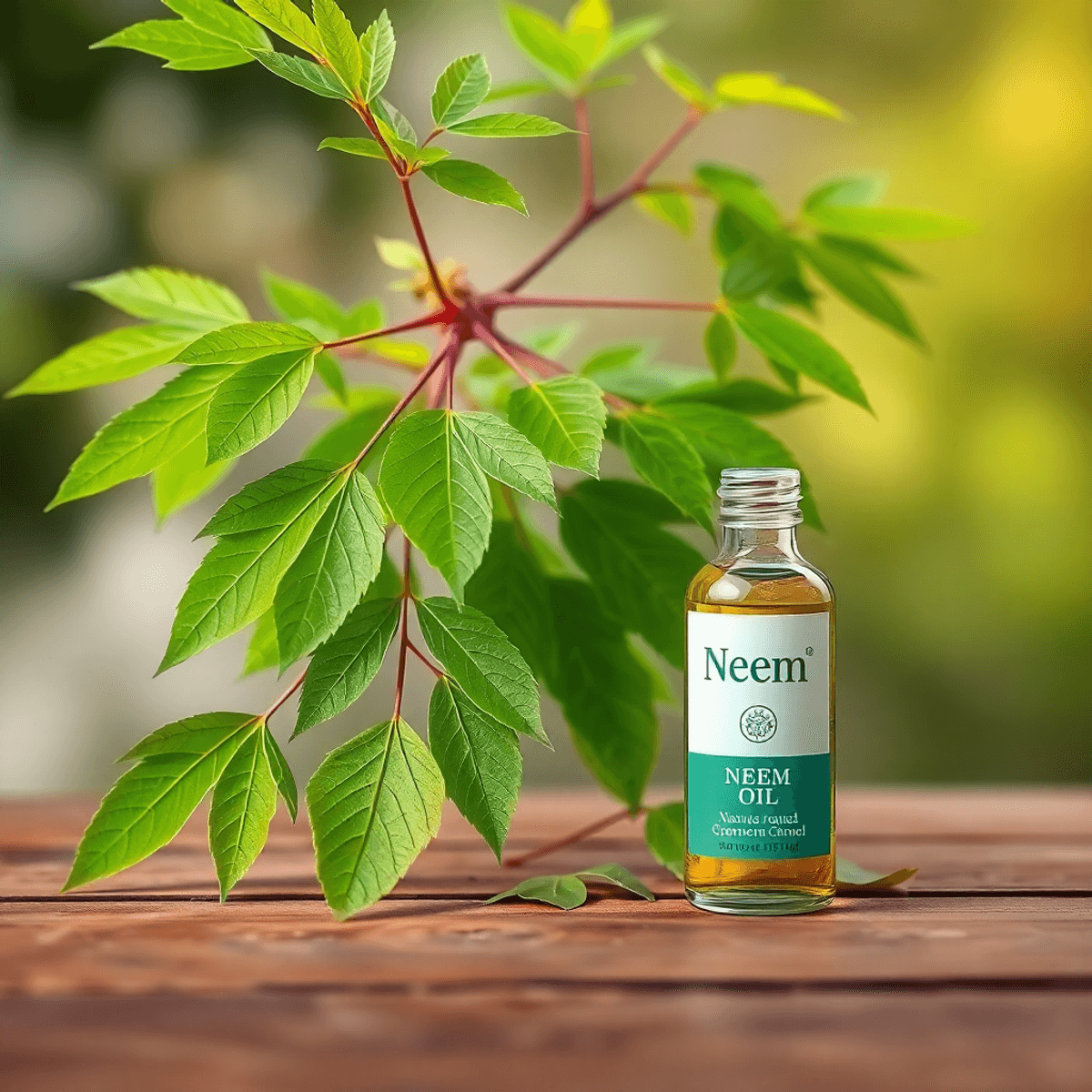Unlocking Nature’s Pharmacy: Simple Remedies for Common Ailments
The hum of modern life, with its relentless demands, often leads us to reach for synthetic solutions at the first sign of discomfort. However, nestled within the embrace of nature lies a vast and largely untapped pharmacy, offering simple yet potent remedies for a variety of common ailments. For centuries, cultures across the globe have relied on plants and natural ingredients to soothe, heal, and restore balance. This article delves into some easily accessible and effective natural remedies you can consider for your everyday health challenges.
Addressing the Aches and Pains:
Pain, from a minor headache to muscle soreness, can significantly disrupt our daily lives. Fortunately, nature provides several readily available pain relievers.
- Ginger (Zingiber officinale): This pungent root is a powerhouse of anti-inflammatory compounds, particularly gingerol. For headaches, try brewing a strong ginger tea or chewing on a small piece of fresh ginger. Research suggests ginger can be as effective as some over-the-counter pain relievers for tension headaches. For muscle soreness after exercise, incorporating ginger into your diet or taking ginger supplements may help reduce inflammation and ease discomfort.
- Turmeric (Curcuma longa): Another vibrant spice, turmeric boasts curcumin, a powerful antioxidant and anti-inflammatory agent. Curcumin’s bioavailability is enhanced when combined with black pepper. Consider adding turmeric and black pepper to your meals, or take turmeric capsules with a small amount of black pepper extract. Studies have shown turmeric can be beneficial for managing arthritis pain and reducing inflammation.
- Peppermint (Mentha piperita): Peppermint’s refreshing aroma and cooling sensation are due to menthol. For tension headaches, applying diluted peppermint essential oil (always dilute with a carrier oil like coconut or almond oil) to your temples and forehead can provide relief. Peppermint tea can also help relax muscles and ease the discomfort.
Banishing the Common Cold and Flu Symptoms:
When seasonal sniffles strike, reaching for over-the-counter medications is often the first instinct. However, nature offers potent allies to combat cold and flu symptoms.
- Echinacea (Echinacea purpurea): This flowering plant is a popular immune booster. Echinacea supplements, taken at the first sign of a cold, can potentially shorten the duration and severity of the illness. It works by stimulating the immune system, helping your body fight off the virus. Follow dosage instructions on the product carefully.
- Honey: A natural cough suppressant, honey can soothe a sore throat and reduce coughing. For adults and children over one year old, a spoonful of honey before bed can be particularly effective. Research suggests that honey can be more effective than some cough syrups, especially for children. However, honey should never be given to infants under one year old due to the risk of botulism.
- Garlic (Allium sativum): Garlic, with its pungent aroma, is a potent antiviral and antibacterial agent. Crushing garlic releases allicin, a compound with strong medicinal properties. Incorporate raw garlic into your diet, or consider taking garlic supplements. Some studies indicate garlic may help prevent and shorten the duration of colds and flu.
Soothing Digestive Distress:
Digestive issues, such as bloating, indigestion, and nausea, are widespread. Natural remedies can offer gentle yet effective relief.
- Peppermint (Mentha piperita): Besides headache relief, peppermint can also ease digestive discomfort. Peppermint oil capsules are often used to alleviate symptoms of irritable bowel syndrome (IBS), such as bloating and abdominal pain. Peppermint tea can also help relax the digestive muscles and reduce bloating.
- Chamomile (Matricaria chamomilla): Chamomile tea is renowned for its calming properties. It can help soothe an upset stomach, reduce inflammation in the digestive tract, and alleviate symptoms of indigestion. The flavonoids in chamomile contribute to its anti-inflammatory and antispasmodic effects.
- Ginger (Zingiber officinale): Ginger, as previously mentioned, also acts as a potent remedy for nausea. Chewing on a small piece of ginger, drinking ginger tea, or taking ginger supplements can help alleviate nausea and vomiting, including morning sickness and chemotherapy-induced nausea.
Calming Anxiety and Promoting Relaxation:
The demands of modern life can leave us feeling anxious and stressed. Nature provides a wealth of remedies to promote relaxation and ease anxiety.
- Lavender (Lavandula angustifolia): Lavender’s soothing fragrance is well-known for its calming effects. Lavender essential oil, diffused in a room or applied topically (diluted with a carrier oil), can help reduce anxiety and promote relaxation. Lavender tea can also be beneficial.
- Chamomile (Matricaria chamomilla): Chamomile, beyond its digestive benefits, also acts as a gentle relaxant. Chamomile tea can help calm the nervous system, reduce anxiety, and promote restful sleep.
- Valerian Root (Valeriana officinalis): Valerian root is a well-studied herb for promoting sleep and reducing anxiety. It works by increasing levels of GABA, a neurotransmitter that helps regulate nerve impulses in the brain. Valerian root supplements can be taken before bed to promote sleep. However, always start with a low dose and monitor for any side effects.
Important Considerations and Safety Precautions:
While natural remedies offer a safe and effective alternative to conventional medication, it’s essential to approach them with informed caution:
- Consult a Healthcare Professional: Before incorporating any new herbal remedy or supplement into your routine, consult with your doctor or a qualified healthcare professional, especially if you are pregnant, breastfeeding, have underlying health conditions, or are taking any medications.
- Quality and Sourcing: Purchase herbs and supplements from reputable sources to ensure quality and purity. Look for products that have been third-party tested.
- Dosage and Interactions: Always follow recommended dosages and be aware of potential interactions with other medications or supplements.
- Allergic Reactions: Be mindful of potential allergic reactions. If you experience any adverse symptoms, discontinue use immediately and consult a doctor.
- Individual Responses: Remember that individual responses to natural remedies can vary. What works for one person may not work for another.
- Not a Replacement for Medical Care: Natural remedies are not a substitute for medical care. Always seek professional medical advice for serious health conditions.
Embracing nature’s pharmacy is a journey of discovery. By understanding the power of plants and natural ingredients, you can empower yourself to manage common ailments effectively and support your overall well-being in a holistic and sustainable way. Remember that this information is for informational purposes only and does not constitute medical advice. Always seek the guidance of a healthcare professional before making any changes to your health regimen.











